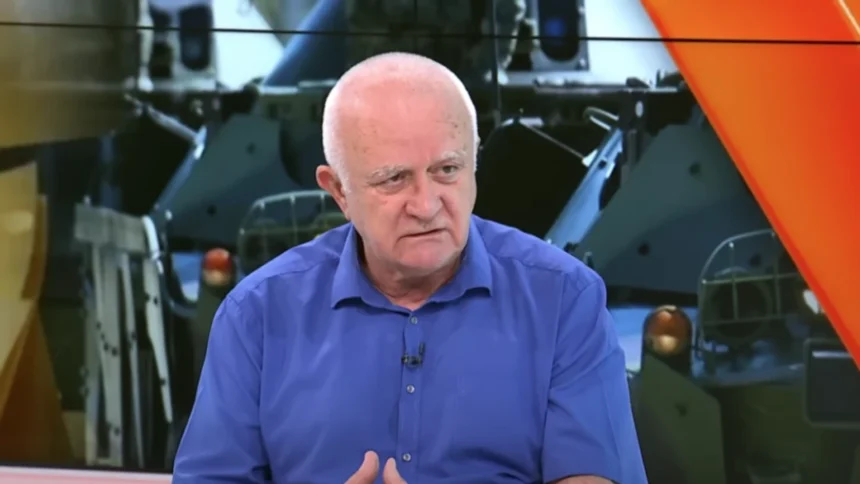Dušan Janjić, founder of the Forum for Ethnic Relations, has stated that Milan Radojičić—the man who admitted to organizing the armed attack in Banjska, Kosovo, on September 24, 2023—is not merely a criminal figure but a politically and militarily influential actor with international ties.
In an interview with Serbia’s Nova TV, Janjić stressed that Radojičić is “more powerful than the regime itself,” noting that his background and influence go far beyond corruption and organized crime. He emphasized that Radojičić had military training and connections with international structures, while also being under U.S. and U.K. sanctions.
Janjić underlined that, despite criminal proceedings against him in Serbia, Radojičić remains unavailable to Kosovar justice. According to him, any real trial of Radojičić would require political change:
“To conclude the trial of a man like Radojičić, political shifts are necessary. It’s a long process, but eventually, the price will be paid. The U.S. administration is determined to see this through, just as with the investigation into Oliver Ivanović’s assassination,” Janjić said.
Banjska Attack – A State-Supported Operation
Janjić described the Banjska attack as a well-organized terrorist act, backed by state structures and external actors, including Russia. He revealed that the attackers were trained in Serbian army camps, complicating the matter as it points directly to state involvement.
He called the assault a strategic mistake by Belgrade, explaining that its aim was to strengthen Serbia’s hand in negotiations by pushing for the Association of Serb Municipalities or even territorial division along the Ibar River. However, the attempt ended in failure.
“This was a miscalculation, based on the illusion that the Kosovo issue could be solved by drawing new borders. Instead, it severely weakened Serbia’s position,” Janjić noted.
Impact on Kosovo Serbs and International Relations
According to Janjić, the aftermath of Banjska has worsened the situation for Kosovo’s Serb community more than ever before. He argued that the attack accelerated de facto recognition of Kosovo’s independence through the Franco-German plan.
He concluded that the event has brought major international consequences, altering the West’s approach toward Serbia. With an upcoming strategic dialogue between the U.S. and Serbia, Janjić expects intensified international pressure for accountability and punishment of those responsible.







